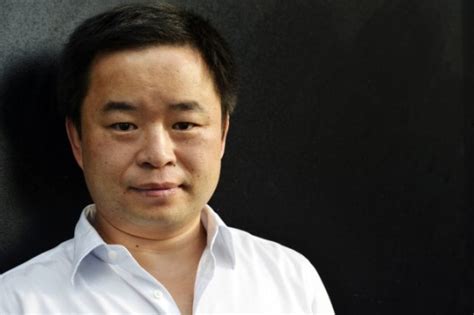A Quote by Ernest Hemingway
But sometimes when I was starting a new story and I could not get it going, I would sit in front of the fire and squeeze the peel of the little oranges into the edge of the flame and watch the sputter of blue that they made. I would stand and look out over the roofs of Paris and think, 'Do not worry. You have always written before and you will write now. All you have to do is write one true sentence. Write the truest sentence that you know.' So finally I would write one true sentence, and then go on from there.
Related Quotes
I turn sentences around. That's my life. I write a sentence and then I turn it around. Then I look at it and I turn it around again. Then I have lunch. Then I come back in and write another sentence. Then I have tea and turn the new sentence around. Then I read the two sentences over and turn them both around. Then I lie down on my sofa and think. Then I get up and throw them out and start from the beginning.
Writing helped to have jobs that involved running around, pushing things like dish carts and wheelbarrows. It would be hard to sit at a desk all day, and then come to sit at another desk. Also, it helps to abandon hope. If I sit at my computer, determined to write a New Yorker story I won't get beyond the first sentence. It's better to put no pressure on it. What would happen if I followed the previous sentence with this one, I'll think. If the eighth draft is torture, the first should be fun. At least if you're writing humor.
The first draft of everything, I write longhand. One of the nice things about that is that it makes you keep going. If you write a bad sentence on the computer, then it's very tempting to go back and fidget with it and spend another 20 minutes trying to make it into a good sentence. When you're handwriting, you really just have to move on.
I write lyrics really fast. When it's time to write, I usually put them off until the very end and then when it's time to write I can just sit down: I sing the melody, whatever the melody is, because that's the first thing that's already been there for a long time; I start singing it and I start creating consonants and vowels; then they turn into words; then all of the sudden one sentence will happen; then that sentence will dictate how the rest of the sentences happen.
Writing is a weird thing because we can read, we know how to write a sentence. It's not like a trumpet where you have to get some skill before you can even produce a sound. It's misleading because it's hard to make stories. It seems like it should be easy to do but it's not. The more you write, the better you're going to get. Write and write and write. Try not to be hard on yourself.
I found that many gifted people are so afraid of writing a poor story that they cannot summon the nerve to write a single sentence for months. The thing to say to such people is: "See how *bad* a story you can write. See how dull you can be. Go ahead. That would be fun and interesting. I will give you ten dollars if you can write something thoroughly dull from beginning to end!" And of course, no one can.



































